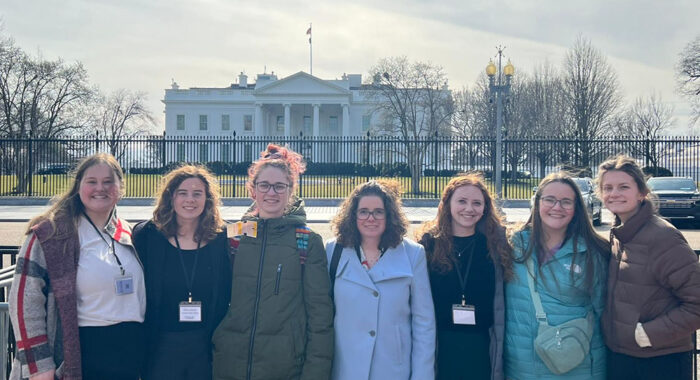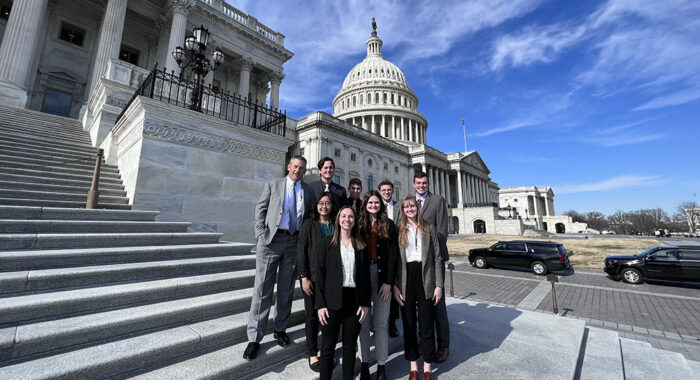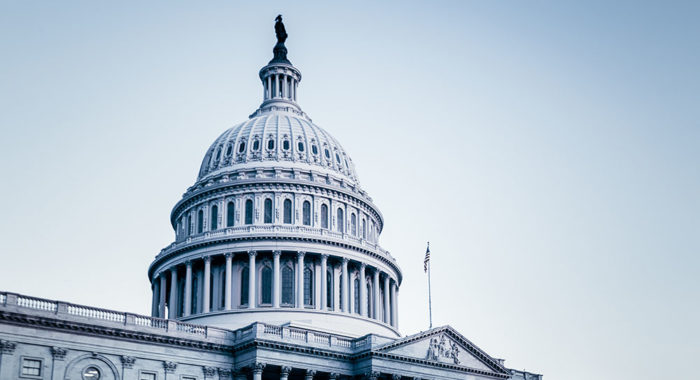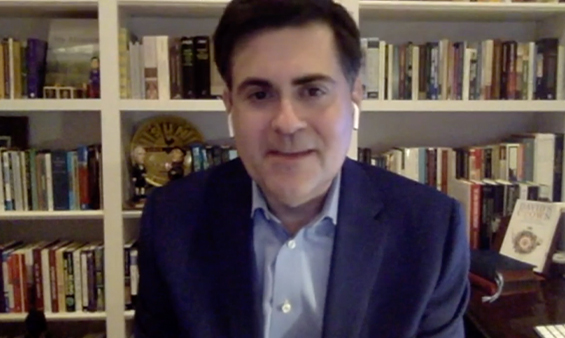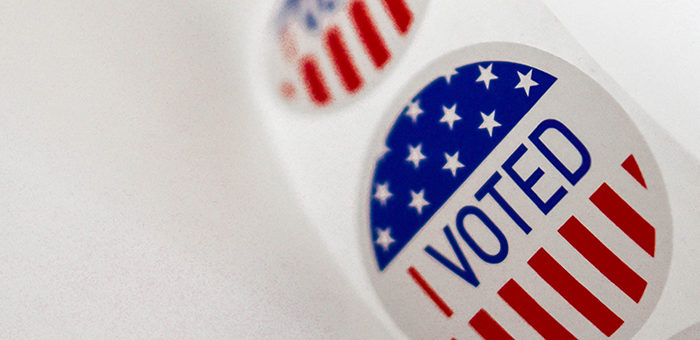RECENT YEARS have seen a growing public recognition of the vital “faith factor” that churches and other religious institutions bring to communities with crumbling moral, social, and economic foundations. “Charitable Choice” offers a way to expand this unique capacity of faith-based organizations to respond to critical social needs using government funds. The National Association of Evangelicals (NAE) supports the concept of Charitable Choice, not only as effective public policy, but as a sound expression of faithful Christian discipleship.
GOVERNMENT FUNDING OF SOCIAL SERVICES by way of faith-based organizations is distinct from government funding of inherently religious practices. NAE believes that institutions of Church and state can be confined to their respective spheres, without doing violence to the Establishment Clause, if the benefits of a governmental program, secular in purpose, are made available on a neutral basis to both religious and secular social providers. Such evenhandedness does not confer any imprimatur of government approval or endorsement of religion. For government to deny funds to faith-based charities would exhibit not neutrality, but hostility toward religion. We reject “no-aid separatism,” the theory categorically opposing all forms of aid to religious organizations, as contrary to the principle of neutrality. The Establishment Clause is not violated if the government assists all social service providers, and funding is equally available to secular as well as faith-based organizations.
WE OPPOSE DRAWING LINES between religiously affiliated social service providers which may have essentially secular programs, and “pervasively sectarian” providers that administer social welfare programs with an overt religious dimension. The government should not be in the business of deciding who is not pervasively sectarian (secular enough) and thus funded, and who is pervasively sectarian (too religious) and thus denied funding. Government inquiries into the nature and practices of faith-based providers and the meaning of their beliefs, words, and actions violate the most fundamental aim of Church/state separation — to keep these two centers of authority, Church and state, within their respective spheres of competence. In sum, faith-based charities should not have to hide their light under a bushel in order to obtain public funds on an equal footing with secularized social service providers.
THE CHALLENGES OF CONTEMPORARY SOCIETY demand a creative approach to meeting human need that remains faithful to the biblical understanding of the mission of the Church. Government funding can significantly expand the number and scope of faith-based agencies available to work with poor and broken people. As the Church answers the biblical call to care for the poor, seek racial reconciliation, and work toward social justice, it should exercise caution in stepping through the doors of opportunity opened by Charitable Choice. Government funding is not appropriate in every situation, and a religious organization should always be vigilant and refrain from accepting public funds and concomitant government regulations if the aid should compromise its beliefs or undermine its effectiveness and integrity. However, Charitable Choice minimizes the risks while expanding the possibilities for productive cooperation between Church and state. Evangelicals should welcome Charitable Choice as a policy that allows more aid to reach those who need it most, and in a way that preserves the separation of Church and state while allowing Christians to heed the call to mission.



 View All Updates
View All Updates 











